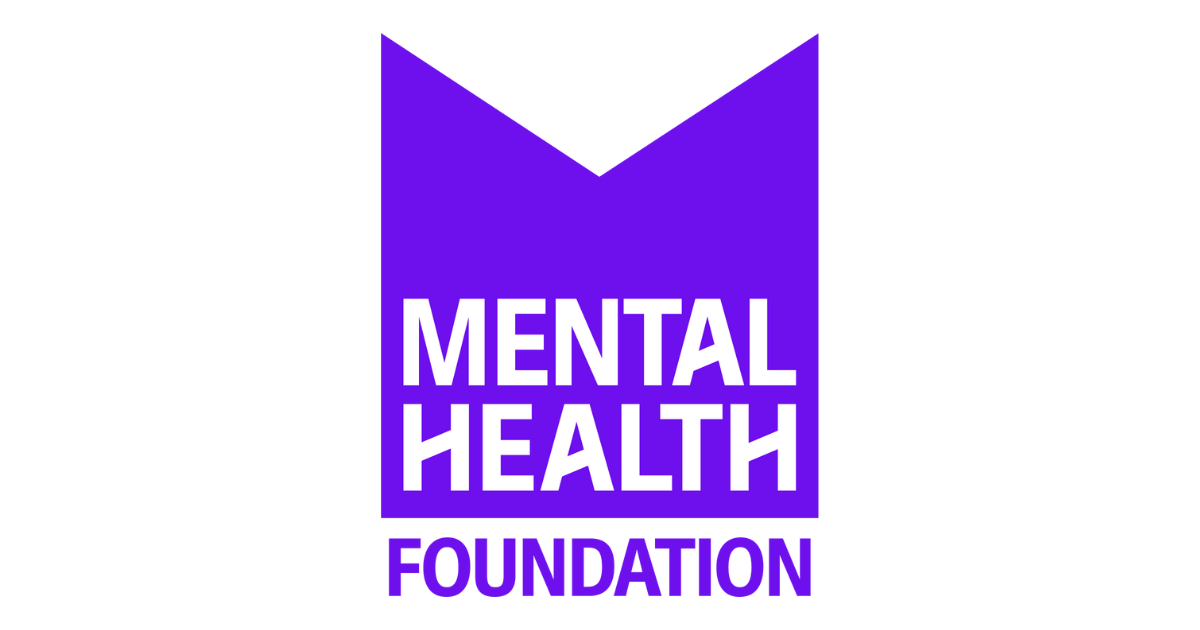 According to Mental Health charity Mind, every year, 1 in 4 of us will experience a mental health problem but many of us aren’t getting the help we need: Over 2 million people are waiting for NHS mental health services, and since 2017 the number of young people struggling with their mental health has nearly doubled.
According to Mental Health charity Mind, every year, 1 in 4 of us will experience a mental health problem but many of us aren’t getting the help we need: Over 2 million people are waiting for NHS mental health services, and since 2017 the number of young people struggling with their mental health has nearly doubled.
Mental Health Awareness Week aims to tackle stigma and help people understand and prioritise their and others’ mental health. Helen Mayor, resident office client at 9 Percy Street shares her insights on therapy; what brought her to seek help, why therapy can be useful and what to look for in a therapist.
“If you have been struggling, and you aren’t able to resolve things on your own, don’t just keep thinking it will get better, find a good therapist…
People often wait up to 5 years between thinking about calling a therapist and actually calling. In this time, a loop replays; “I’m ok, this will get better.”
Sometimes it’s much longer and in the interim, relationships might worsen or finish, self esteem may decrease. In short, the issues don’t resolve, instead they start to leak everywhere that matters in life.
I have been both a client, struggling with the very sudden and entirely unexpected loss of my mother and latterly the loss of my relationship and the family unit we had built (this was, in my case the right answer, for many it feels like it, but it’s not and it’s neither the best, nor the easiest). The first experience probably resulted in me training to be a psychotherapist, along with other elements and the latter why I trained later as a couples and relationship and psychosexual therapist. Relationships really matter and I am hugely motivated to help people keep good relationships together and find their way back to optimism, joy, loving, kindness and laughter.
I am a pragmatic optimist; a good therapist can do wonders, but you have to put in the work to find one. Ask friends you like and respect, people who don’t mind being told they messed something up, but are grateful for honest feedback. People that can admit vulnerability, and show respect and gratitude to their partner.
This is a snapshot of how to find a good therapist, because it is all about the relationship, because this is fundamental to any positive evolution, and that’s what you are looking for; not the equivalent of a fad diet that leaves you upbeat for 3 months but lasting integrated, understanding.
It sounds obvious, but make sure you choose a qualified therapist who has done a proper course, not months but years and should be registered with a professional body. However they also need to deliver on these fronts:
All therapists are not made equal. Like plumbers, there are brilliant people who lend you comfort and safety in a crisis. There are others I would prefer not to tinker with my psyche. Find a real human, quiet thoughtful therapists work brilliantly for some, others need more relational people. When I was struggling with adolescents (who does not) I went to see a child and adolescent specialist, she was thoughtful and quiet, a million miles from what I normally look for, but she helped me really understand and empathise with my child, and she helped us collaborate, whilst also providing a safe space for me, it was invaluable.
It’s all about the relationship; do you trust your therapist? Can you build a trusting, relationship? Different therapists can help at different times of your life, or sometimes the same therapist will help you through everything. Be open, but don’t be polite, if you don’t feel a connection, consider what is going on, maybe you are not the right fit, or maybe you are just narrating your week (sometimes we need to) but avoiding your feelings and issues.
– Therapy should not (sadly) always feel easy, sometimes the relationship needs to be used to empathise, support, hold, but sometimes it might also bring discomfort and challenge.
– Don’t think you can shortcut therapy, leave when the work is done.
– There are are low cost options and they are not always poor, we all need training before we qualify.
– Engage, and tell the truth objectively (not just your side of the story). The things you are most ashamed of and most uncomfortable about and least want to mention…that’s where you begin.
– Good therapy is not about shifting blame, it’s about owning and acknowledging your part in problematic relationships and understanding the origins of behaviour that is damaging you and your relationships and learning how to deal differently with things.

It’s never too late, and don’t ever expect to be perfect, just a better version; liking and respecting yourself is fundamental to all positive relationships and so is being able to state your boundaries and your needs.”
Helen Mayor is an experienced, UKCP registered integrative psychotherapist and co founder of The Thought House Partnership which specialises in couples and relationship and psychosexual therapy. For more information on Helen or to get in touch, head to helenmayortherapy.co.uk